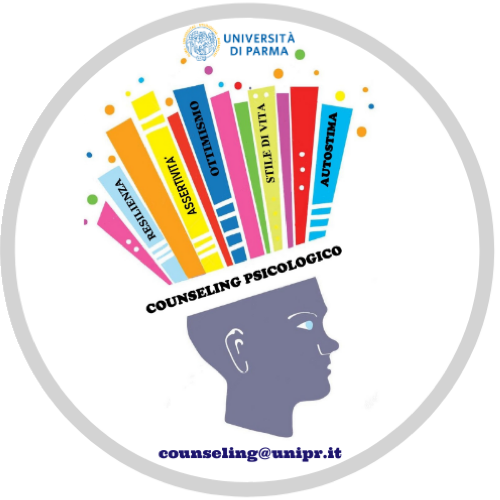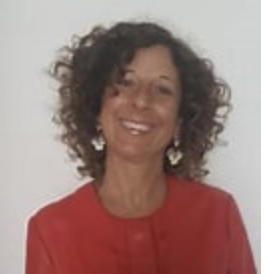Counseling
 |
RECTOR'S DELEGATE
Prof. Dolores Rollo - Director of Welcome and Inclusion Center
Dr. Claudia Cotti tel.+39 0521 034078 email: counseling@unipr.it Presentation video of Prof. Rollo Follow us on |
|
|
FOR INFORMATION AND RESERVATION PIn order to access the service, it is necessary to contact the service exclusively by e-mail. At the moment of the request, it is essential to provide a phone number in order to get a direct contact. The meetings will be arranged depending on the availability of both the users and the consultants. ALL THE SERVICES OFFERED BY THE PSYCHOLOGICAL COUNSELING ARE FREE. |
||
|
WHAT IS PSYCHOLOGICAL COUNSELING? Psychological counseling is a short-term process (typically consisting of 5-8 sessions) conducted by experienced psychologists, based on the establishment of a supportive relationship aimed at reorganizing a person's resources and developing appropriate strategies for coping with difficult situations. The psychological counseling service offered by the University of Parma is an inclusive service that aims to help individuals think positively about their future by enhancing their resilience, self-esteem, assertiveness, hope, and optimism, and promoting the social inclusion of students and staff. Counseling uses specific procedures for support and guidance based on receiving attentive and high-quality listening.
ORIENTATION COUNSELING Orientation counseling aims to support and enhance active research and critical reading of information related to: educational services, organization and study paths of three-year and master's degree courses, and post-graduation opportunities. Orientation interviews are aimed at exploring the psycho-individual characteristics of the person (interests, motivations, key skills and competencies, personal aspects, etc.).
LEARNING COUNSELING Learning counseling aims to evaluate the study method of students who have difficulties to assess their margin of improvement and increase their performance, supporting them in their academic paths in terms of resources, self-confidence, problem-solving, and self-efficacy. Upon evaluation by the consultant and the team, students may be placed in groups of individuals with similar difficulties to take advantage of the potential of peer-counseling.
PERSONAL COUNSELING Person-centered counseling is a type of support aimed at those who want to focus on and address personal difficulties (affective, emotional, behavioral, and interpersonal problems of various kinds) that fall within the "normal" critical aspects of their life cycle, with the aim of promoting the reorganization or enhancement of their resources (internal, familial, extra-familial) and increasing their quality of life. In person-centered counseling, the consultant does not make diagnoses or treat symptoms, but rather accompanies the individual in an interactive learning process, which is generated from the meeting and the opportunity to feel listened to "actively" and without judgments.
GROUP COUNSELING Group counseling promotes personal growth in interpersonal and social relationships by increasing awareness of proper resources, attitudes, and abilities, utilizing the dynamics that emerge from the group through the counselor. During group sessions, specific themes are addressed in which participants engage in shared reflection that aims to foster change.
COUNSELING FOR THE PREVENTION OF DEPENDENCIES AND CONFLICTS The Counseling for the prevention of dependencies and conflict, active since January 2020, consists of a particular support relationship aimed at finding solutions for people with problems of usage, abuse and addiction to legal and illegal substances and to all those who show other addictive behaviors. Also in this case, the interviews, although more structured, are characterized by unconditional acceptance and active listening.
COUNSELING INTERFACES WITH OTHER SERVICES AT THE UNIVERSITY: • Course orientation and tutoring service • Post-graduation orientation service • Orientation and training internships service • Support service for disadvantaged groups |
||





